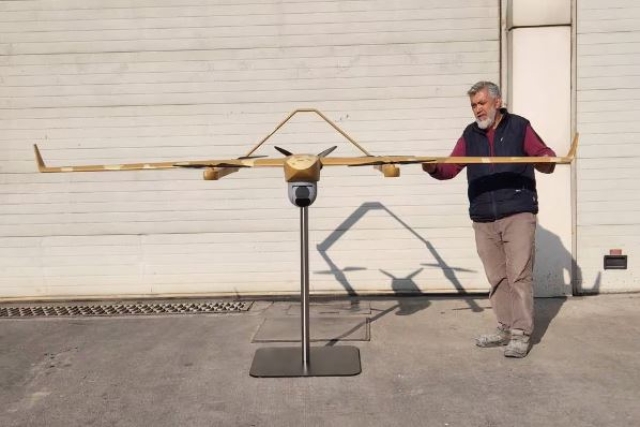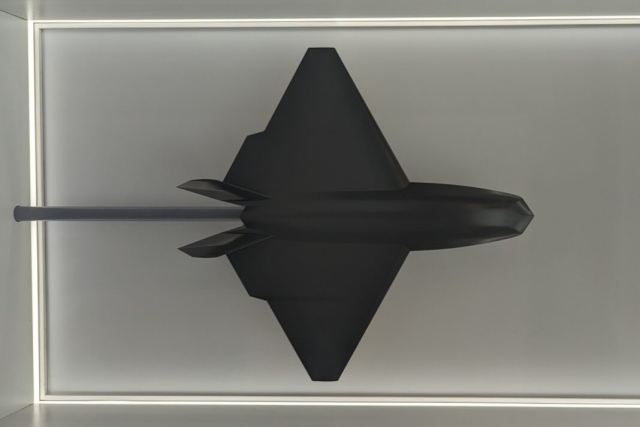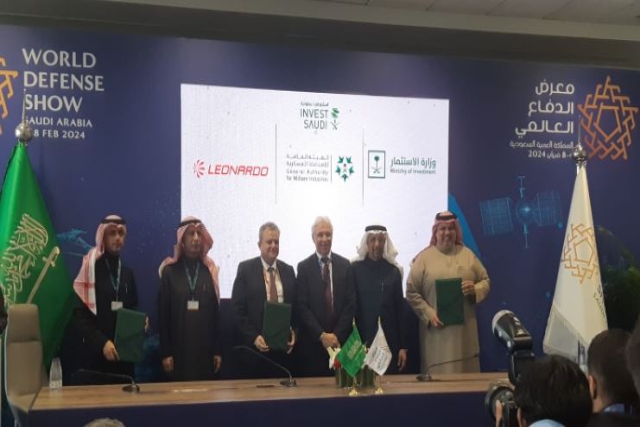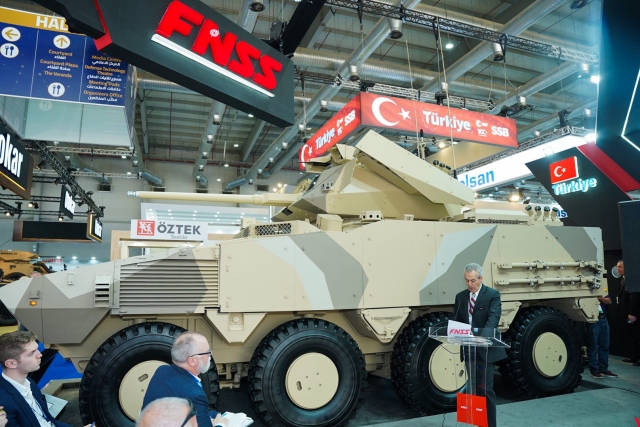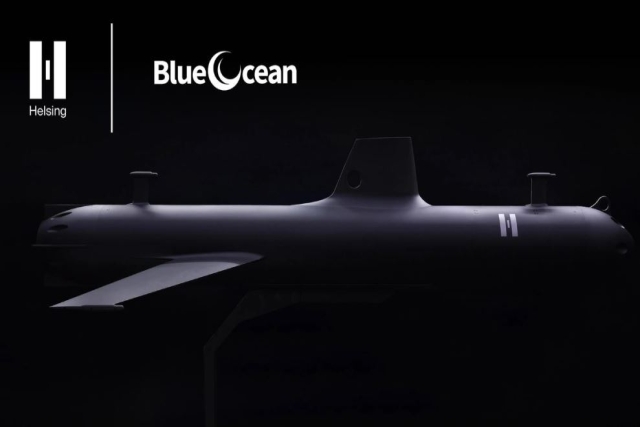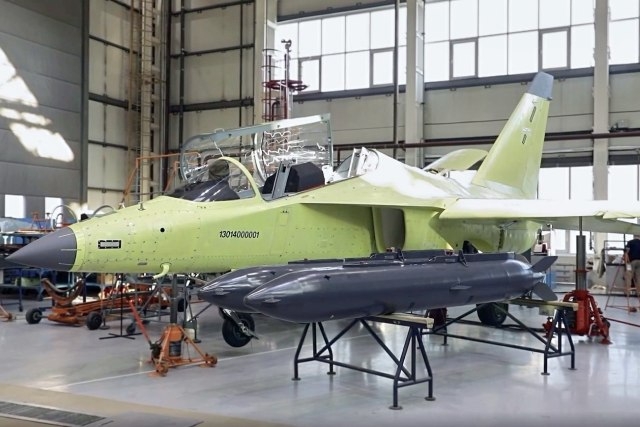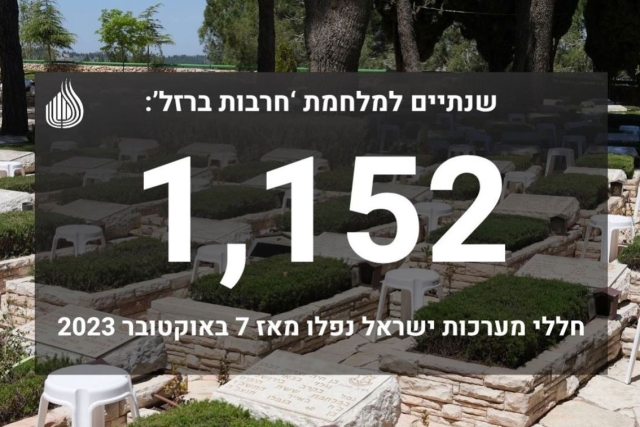Munitions India Limited Inks $225M Artillery Ammunition Deal with Saudi Arabia
MIL is also collaborating with IIT-Madras for smart ammunition development
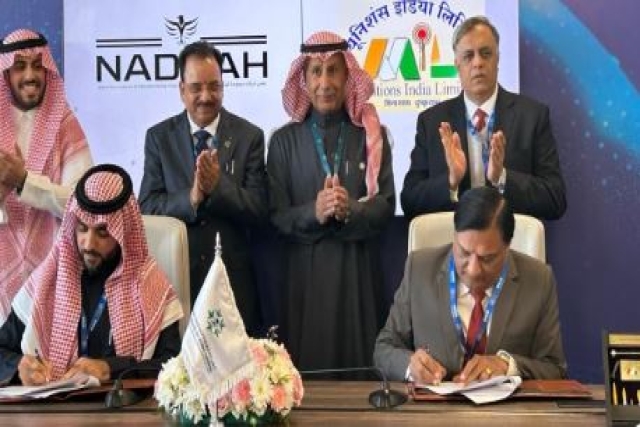
Defence Public Sector Enterprise Munitions India Limited (MIL) has clinched a $225 million deal with Nadrah Company for the supply of artillery ammunition to Saudi Arabia.
The agreement, inked during the World Defence Show (WDS) 2024 in Riyadh, marks one of India's major defence export orders. The signing ceremony was attended by the Governor of the General Authority of Military Industries, KSA, HE Ahmad Abdulaziz Al-Ohali, and India's State Defence Minister, Ajar Bhatt.
This lucrative contract is a significant development following a series of bilateral military exercises between India and Saudi Arabia, including "Sada Tanseeq" with the Army's infantry and "Desert Cyclone" involving the Special Forces of both nations.
MIL, a key player in India's defence sector, has further solidified its global presence with this deal. The $225 million contract will contribute to MIL's existing export orders of around INR 400 crore for supplying ammunition to Middle Eastern countries, Indian media reported.
On the sidelines of the WDS, Minister of State for Defence Ajay Bhatt engaged in discussions with Saudi Arabia's Defence Minister Prince Khalid bin Salman bin Abdulaziz Al-Saud and Assistant Minister of Defence Dr Khaled Al-Bayari. The talks aimed to strengthen bilateral defence cooperation, exploring opportunities for joint training exercises, technology transfer, and the exchange of expertise.
A meeting was also held between Minister Bhatt and Ahmad Abdulaziz Al-Ohali, the Governor of Saudi Arabia's General Authority for Military Industries (GAMI). The discussions focused on collaborative efforts in defence production, research and development, and niche technologies.
Munitions India, in collaboration with the Indian Institute of Technology Madras (IIT-Madras), is also working on developing India's first 155 Smart Ammunition. The project aims to achieve indigenization in the defence sector by increasing the accuracy of the 155 mm shell within a Circular Error Probable (CEP) of 10 m, a substantial improvement compared to the current CEP of 500 m. The two-year development initiative also seeks to enhance lethality at the terminal impact point.
